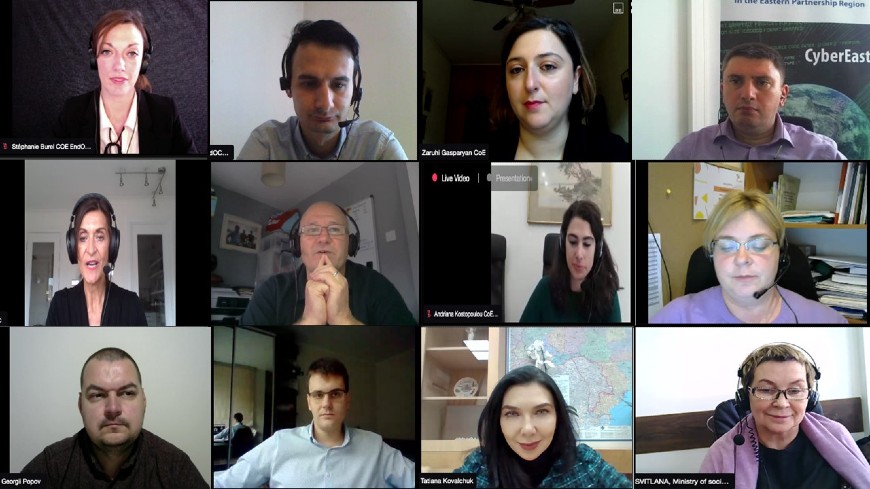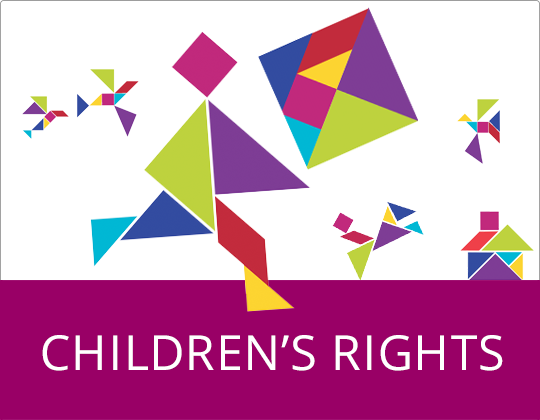The new training on online child sexual exploitation and abuse (OCSEA) for judges, prosecutors, and the national police in Ukraine, which was prepared by the EndOCSEA@Europe Project, was piloted on 8-11 December 2020 in Ukraine in cooperation with the CyberEast Project of the Council of Europe Cybercrime Office in Bucharest (C-PROC) and the project on Combatting Violence against Children in Ukraine (Phase II) of Children’s Rights Division.
The Council of Europe independent experts who designed the content of the module, Rajka Vlahovic, Mark Cameron and Maria Andriani Kostopoulu led a series of four practical sessions with local and active stakeholders in this area. The training was very successful in achieving its main objectives to give a practical and tailor-made overview of relevant international standards and procedures, in particular the Council of Europe Convention on the Protection of Children against Sexual Exploitation and Abuse ( The Lanzarote Convention) and the Council of Europe Convention on Cybercrime (The Budapest Convention) in light of the current situation in Ukraine and by using relevant examples from several countries presented in case studies and reinforced through practical exercises.
Around 80 participants including judges, prosecutors, representatives of the national police, of the National Academy for Internal Affairs and other national institutions from multiple regions of Ukraine attended the training course over these 4 days and actively engaged in the practical exercises presented.
The training module on OCSEA by the EndOCSEA@Europe project shall be piloted in its two other pilot countries: Armenia and Azerbaijan in 2021. The piloting of the module will enable to improve and finalise its content which will be made available by June 2021 in different languages.
Acknowledgements:
The Council of Europe gratefully acknowledges the financial support provided for this programme by the End Violence Fund.





